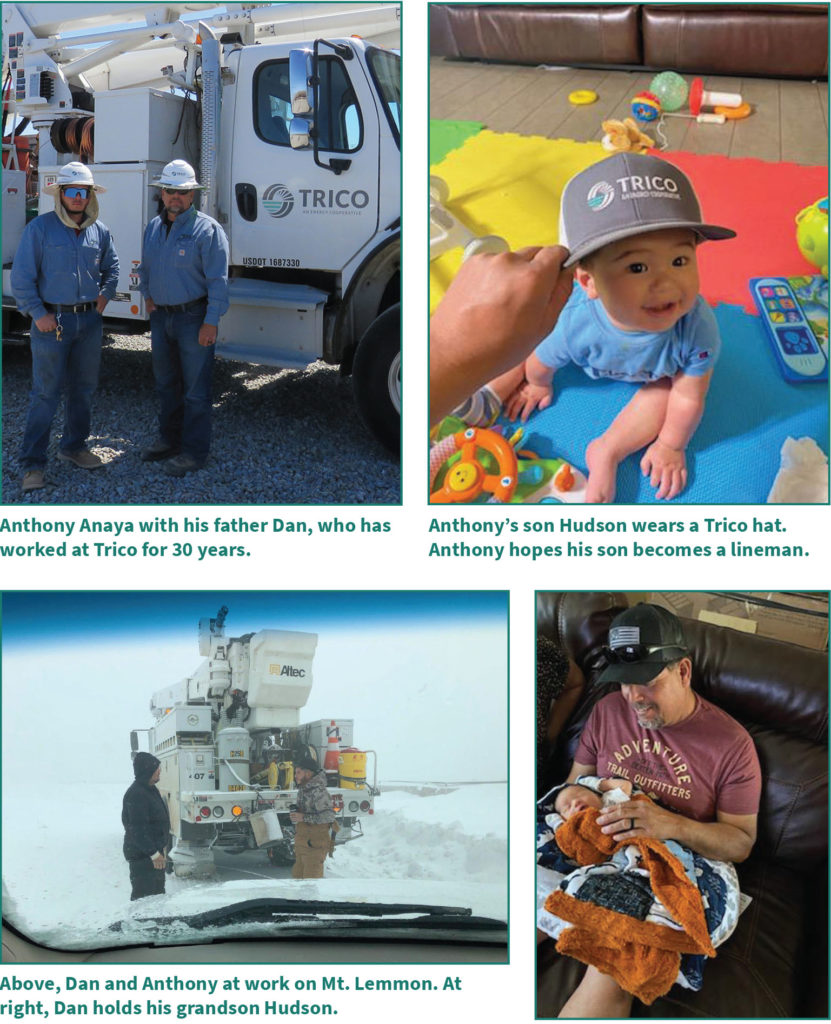 From a young age, Trico apprentice lineman Anthony Anaya dreamed of being a lineman. His father, Dan, has worked at Trico for 30 years.
From a young age, Trico apprentice lineman Anthony Anaya dreamed of being a lineman. His father, Dan, has worked at Trico for 30 years.
When Anthony was 4-years-old, he grabbed his dad’s climbing gear out of his truck and put it on.
“I knew from day one that this is what I wanted to do,” Anthony said. “I grew up around here (Picture Rocks, Avra Valley). I’d see the linemen wave as they drove down the road in their bucket trucks. I saw how our Members looked up to my dad with respect. It intrigued me to want to be lineman.”
When Anthony was younger, he also wanted to pursue a baseball career. He played second base for a club team from 8-years-old until 14-years-old. He played baseball in high school at Marana High. He still plays ball for an all-men’s league at Sports Park.
“But the more I thought about it, I knew baseball wouldn’t take me far,” he said. “It took money to make money. I realized being a lineman is what I wanted to do.”
Anthony started at Trico as a Groundman in September 2020. He is now in the first year of a four-year lineman apprenticeship. Anthony said he got emotional when he found out he was hired by Trico.
“For years, it’s what I dreamed of,” he said. “It was a dream come true. I still feel the same way. It’s a great work environment. We’re like brothers out there. Everyone works safe because we all want to get home safe.”
Working safely is one of the many lessons Anthony learned from his father.
“He has taught me to double check everything, to work safe and work hard,” Anthony said.
Dan started at Trico in May of 1992 in the Auto Shop and was a Meter Reader. In April 2003, he became a Journeyman Lineman after a four-year apprenticeship. During his apprenticeship, he learned that Trico and its Members come first. Family comes second. He hopes Anthony and the other young lineworkers understand what it takes to be a good lineman. Over the years, Dan missed some of Anthony’s baseball games, birthdays and holiday gatherings because he was on call.
“Some people dream of becoming a lineman and some people do it for the money,” Dan said. “I told Anthony to do it because it’s what you want to do, not for the money. I’m happy (he wants to be a lineman). It’s nerve-wrecking. I want him to do it the right way and for the right reasons. I try to teach him some tricks. I test him on different scenarios.”
Dan said what makes a good lineman is being able to do it all – overhead and underground power line work – and knowing the whole system and how to troubleshoot.
“I know the system in my head,” Dan said. “I want Anthony to be like that. It’s more than just knowing how to do overhead line work. It’s a credit to Trico that our linemen know how to do all aspects of power line work.”
Anthony knows being a lineman won’t be easy. He understood why his dad couldn’t be there all the time when he was growing up.
“He was the only one working in the family because my parents agreed that my mom would stay home and raise my sister and I,” Anthony said. “My mom did a great job raising us. I understood that he was trying to give us the best life he could. He’s always been dedicated to Trico and his job. It’s a lifestyle. I know at times it’s going to be hard. That I’m going to miss holidays and birthdays.”
Anthony said his father would go out of his way to make up for missing occasions, which wasn’t necessary.
“He was there for me when I was growing up,” Anthony said. “After work, he’d be tired, but he still tried to make a baseball game, play catch or ride dirt bikes. I’m really proud of him, what he did for me and my sister. He always had our back. He put his body through a lot. In his eyes and mine, it was for a good cause.”
Anthony hopes his son, Hudson who is 10-months-old, will want to be a lineman and carry on the family tradition.
“There are several linemen in my family,” he said. “My girlfriend’s family are linemen too. There is a lot of stuff my dad taught me that I want to teach my son. I will teach him to work safely, work smart and think ahead.”
To all the amazing fathers out there, we hope you have a wonderful Father’s Day.
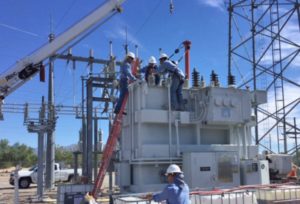 We do our best to provide excellent service day-in and day-out, and that includes timely installation of quality equipment to support our Members.
We do our best to provide excellent service day-in and day-out, and that includes timely installation of quality equipment to support our Members.
 SmartHub Log-in
SmartHub Log-in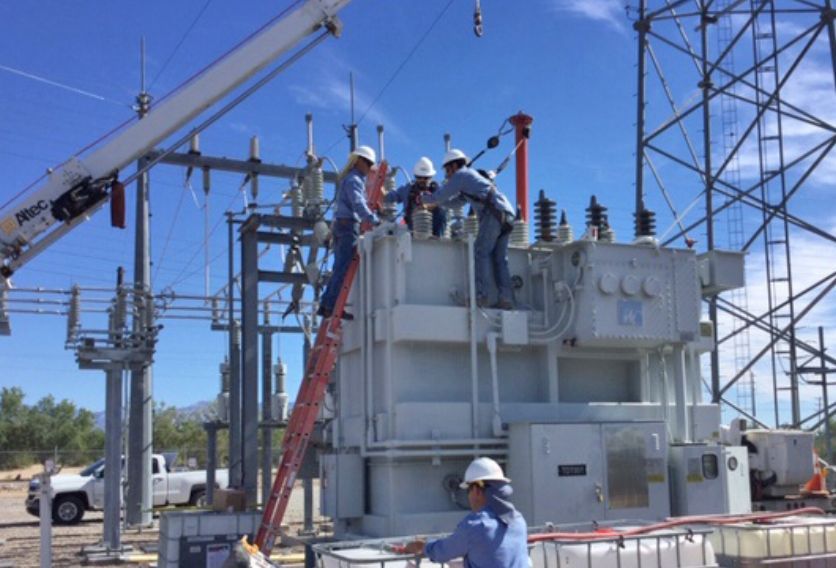

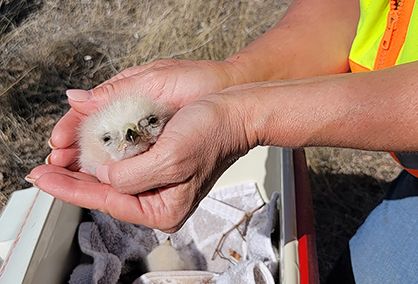
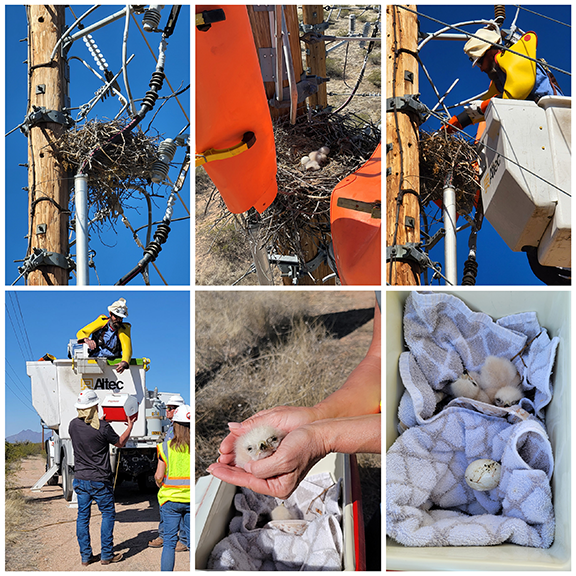
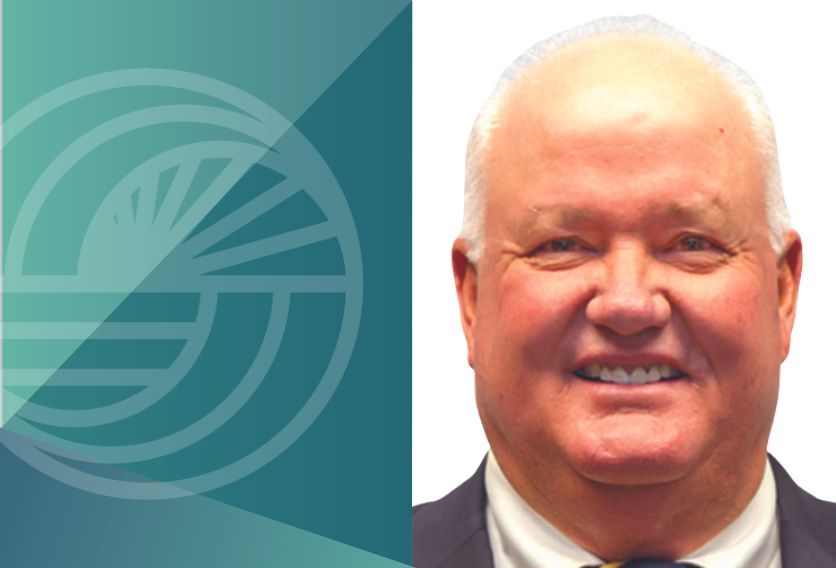






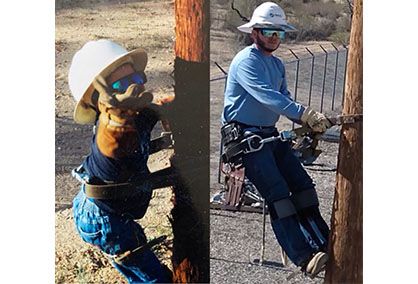
 From a young age, Trico apprentice lineman Anthony Anaya dreamed of being a lineman. His father, Dan, has worked at Trico for 30 years.
From a young age, Trico apprentice lineman Anthony Anaya dreamed of being a lineman. His father, Dan, has worked at Trico for 30 years.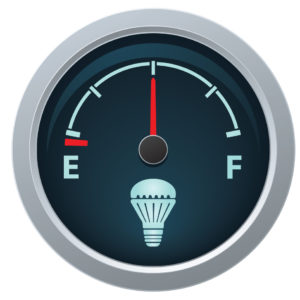 This month I’d like to talk about one of our rate options. Trico’s Pay As You Go program is as simple as it sounds: Members pay for electricity before it is used, then use the electricity until the credit expires.
This month I’d like to talk about one of our rate options. Trico’s Pay As You Go program is as simple as it sounds: Members pay for electricity before it is used, then use the electricity until the credit expires.

